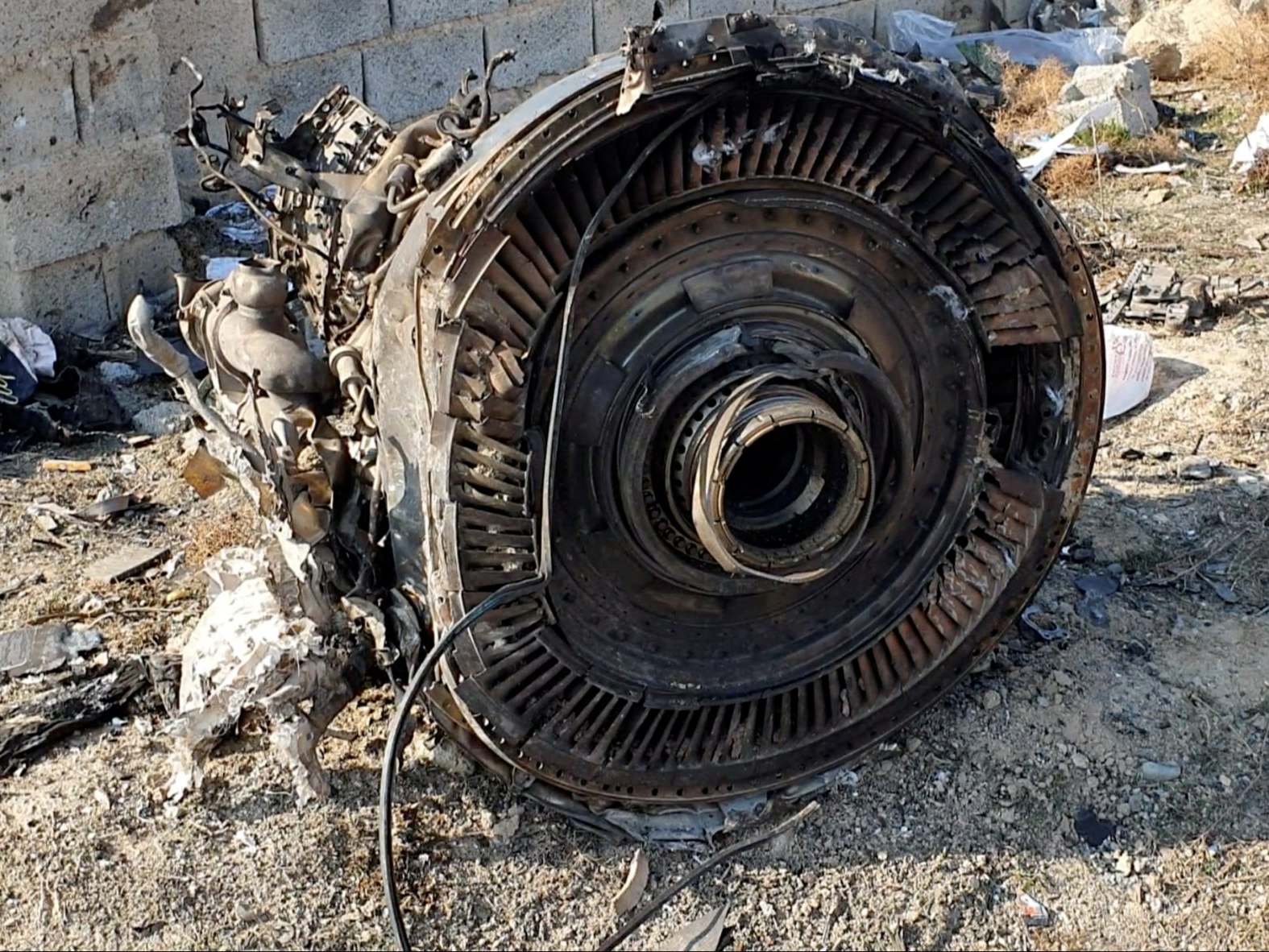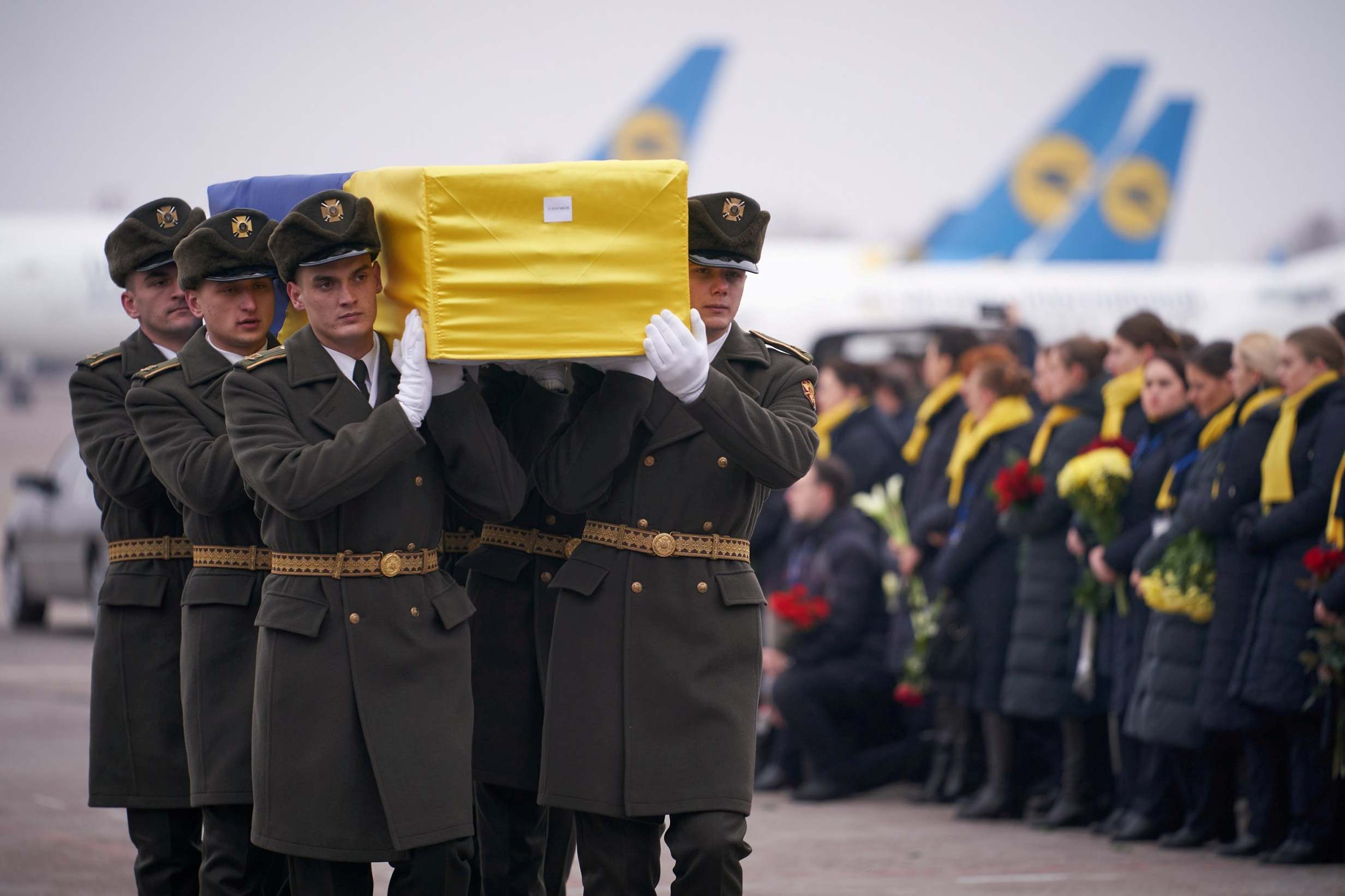Iran abruptly halts cooperation with Ukraine after leaked recordings show Tehran knew missiles had hit plane
Audio recordings were played on Ukrainian television networks over the weekend

Your support helps us to tell the story
From reproductive rights to climate change to Big Tech, The Independent is on the ground when the story is developing. Whether it's investigating the financials of Elon Musk's pro-Trump PAC or producing our latest documentary, 'The A Word', which shines a light on the American women fighting for reproductive rights, we know how important it is to parse out the facts from the messaging.
At such a critical moment in US history, we need reporters on the ground. Your donation allows us to keep sending journalists to speak to both sides of the story.
The Independent is trusted by Americans across the entire political spectrum. And unlike many other quality news outlets, we choose not to lock Americans out of our reporting and analysis with paywalls. We believe quality journalism should be available to everyone, paid for by those who can afford it.
Your support makes all the difference.Iran has cut off co-operation with Ukraine following the leaking of air traffic recordings that suggest Tehran immediately knew that a missile had shot down a passenger jet.
“We will no longer provide documents to the Ukrainians,” Hassan Rezaeifar, head of the Iranian investigation team told the Mehr News Agency on Monday.
Iran had previously maintained that neither its president nor supreme leader knew of the missile – and that its military bosses had kept them in the dark for days afterwards.
On Sunday, Ukrainian president Volodymyr Zelensky said the new evidence suggested the opposite was true.
The recording details conversations between the control tower in Tehran and an Iranian pilot, in which they discuss an incoming aircraft. It seems to suggest the pilot saw an outgoing missile hit the Boeing 737 as the plane made its way from Tehran to Kiev. All 176 on board were killed.
“That’s surely a flash from a missile,” the pilot says.
“It’s not heading towards Tehran, is it?” air traffic control responds.
“Maybe. Oh, no, it was flying from the city,” the pilot replies.
Mr Zelesnky said: “Everything is audible. The pilot says he thinks he saw a missile, and he says it in Persian and English. Really, it proves the Iranian side knew from the very start that our plane was downed by a missile.”
Iran has not disputed the authenticity of the recordings, which had been shared with the Ukrainian investigative team before being leaked by Ukrainian TV channel TCN.
The incident happened at a time when Tehran was on high alert and expecting a retaliatory strike from US military, after the US killed top Iranian general Qassem Soleimani in a drone strike in Baghdad.
It is unclear why civil aviation authorities did not shut down airspace after the Ukrainian plane was downed. For three days, Iranian authorities denied that its forces had fired an anti-aircraft missile, then admitted the strike and blamed human error.

Mr Zelensky’s own position has evolved from one of studied neutrality to growing frustration with the Tehran-led investigation. Iranian specialists have so far been unable to provide data from the black boxes.
“Our specialists should be able to take the black boxes if they cannot provide a full decryption,” Mr Zelensky said.
The Ukrainian president said the $80,000 (£60,000) mooted compensation award to families of the dead was “inadequate”, and that he would push to increase the amounts. It seems unlikely the latest developments will help achieve that.
Join our commenting forum
Join thought-provoking conversations, follow other Independent readers and see their replies
Comments